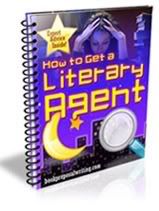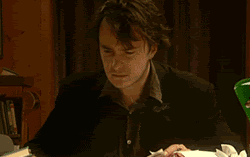
Interesting query came up on one of the boards I frequent:
We're constantly told to begin with action, but how does that fit with the 3 Act Structure?
Every story has a logical sequence of beginning, middle and end. That's all the 3 Act Structure is - so simple it's a wonder someone had to find a name for it, not to mention all the myriad books on the subject.
So you have to be aware of these three stages. Mostly you will be before you even give it a thought. If you've ever successfully told a joke you'll be aware of it.
First Act: Man goes to the doctor.
Second Act: Man says, "I think I'm a pair of curtains"
Third Act: Doctor says, "Pull yourself together, man!"
If you're unsure, watch a few Star Trek episodes. Roughly ten minutes at the beginning sets up the story (First Act), the struggle and complications which take up the next half hour (Second Act) ending with the climax and return to normal, including that annoying jokey bit of banter between the leads (third Act).
So we've got that. But we still need to start with something interesting enough to pull in the reader/viewer. So what do we do?
Well, in literature and movies there is a well trodden tradition of starting in media res - or in the middle of the action. You can start at the end of Act 1 when the main character is in a tight spot and has to make a desperate choice - or at the end of Act 2 where he's in a tighter spot and has to make an even more desperate choice. Then you can flashback to the events leading up to this dramatic opening. If you've done your job of making the start intriguing enough the reader will stay with it to find out the background. The story order is fixed but you can tell it any order you want. That's the magic of storytelling!





